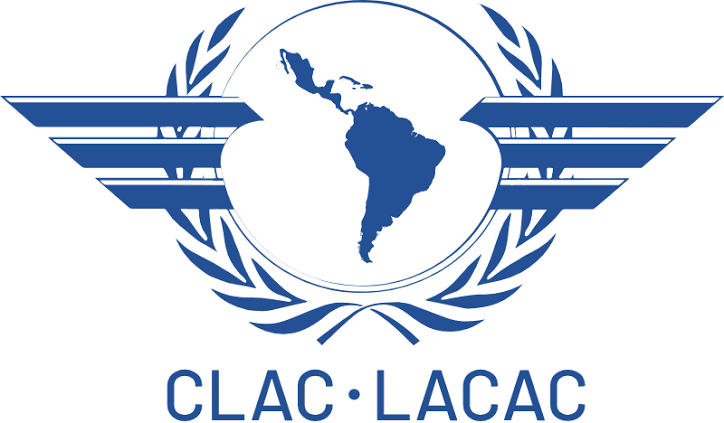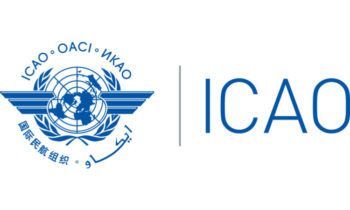Source: ICAO
The XXVI Ordinary Assembly of the Latin American Civil Aviation Commission (LACAC) strengthened its partnership with the International Civil Aviation Organization (ICAO) through decisions that closely reflect both the commission’s priorities and the leadership priorities advocated by ICAO Secretary General Juan Carlos Salazar. Together, these efforts support the sustainable development of air transport in Latin America and the Caribbean.
Throughout the recent LACAC Assembly, delegates advanced initiatives that align with ICAO’s vision for the region. Member States signed a Memorandum of Understanding to extend sixth freedom passenger rights, marking progress in air transport liberalization and echoing Salazar’s call for deeper integration. “We must continue working together to build a more sustainable, safe, secure, and inclusive aviation system that connects people, economies, and opportunities throughout the region and beyond,” Salazar stated in his remarks.
The Assembly also placed a strong focus on elevating gender equality to a “macro” task in LACAC’s Strategic Plan and celebrating the region’s inaugural conference on Women in Aviation. These advancements corresponded with ICAO’s ongoing emphasis on broadening participation and developing the next generation of aviation leaders.
Safety, security, and facilitation remained at the forefront, with States sharing progress made through the regional group focused on aviation security and facilitation. These updates highlighted how ICAO-harmonized standards and capacity building remain shared priorities.
In a moment that reflected the spirit of international cooperation, LACAC honoured Salvatore Sciacchitano, President of the Council of ICAO, as he prepares to step down later this year, recognizing his two distinguished terms of leadership.
The advancements achieved not only propel the region forward but also contribute to ICAO’s global vision. By maintaining alignment around liberalization, inclusion, and safety, LACAC and ICAO are working together toward a future where air transport is accessible to all, achieves zero fatalities, and reaches net-zero carbon emissions by 2050.


